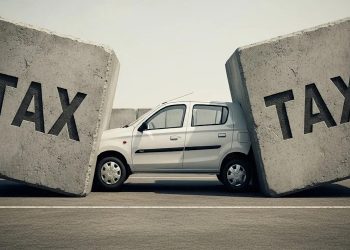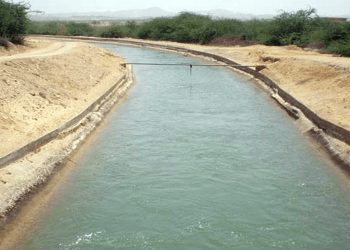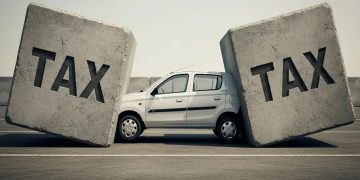BRUSSELS: The European Union medical regulator has authorised AstraZeneca’s coronavirus vaccine for use in people 18 and over throughout the bloc.
The European Medicines Agency (EMA) licenced the vaccine for people aged 18 and over. The shot is the third COVID-19 vaccine approved by the EMA after ones made by Pfizer and Moderna. The decision requires final approval from the European Commission.
A day earlier, Germany’s vaccine committee recommended that it should only be given to people aged 18-64 as not enough data exists to prove efficacy in older people. “There are not yet enough results in older participants (over 55 years old) to provide a figure for how well the vaccine will work in this group,” the regulator said.
It added that “protection is expected, given that an immune response is seen in this age group and based on experience with other vaccines. The agency said EMA’s scientific experts considered that the vaccine can be used in older adults.
Many countries in the EU have been struggling to vaccinate people as quickly other countries such as the United Kingdom and United States, hoping that the AstraZeneca shot would help speed things up.
The approval comes amid a bitter dispute between the Anglo-Swedish drugmaker and the bloc after the company said it would supply the EU with fewer doses in the first three months of the year than originally planned, citing production issues at its manufacturing plant in Belgium.
The EU invested heavily in the AstraZeneca shot, which is cheaper and easier to handle than some other vaccines, with orders for 300 million doses to be delivered after authorisation and options for another 100 million doses.
Later on Friday, the European Commission said it had agreed on a plan to control exports of vaccines from the European Union, including the UK, to ensure its own supplies.
EU trade commissioner Valdis Dombrovskis said export monitoring and controls were “time limited”, lasting until the end of March, and applied to COVID-19 vaccines bought in advance. It warned to block the export of a vaccine if it determined that this could undermine the EU’s own supplies.
The donations to the COVID-19 Vaccines Global Access Facility (COVAX) will be exempted and a large number of EU neighbours, including Norway, Switzerland and countries of the western Balkans and North Africa but not the UK.
Two more vaccine makers also recently announced results. Novavax said this week that its shot appears 89 percent effective based on early findings and Johnson & Johnson said its long-awaited single-shot vaccine was 66 percent effective at preventing moderate to severe illness.
If those vaccines are eventually licenced, it could help alleviate the pressure on the world’s huge demand for the limited shots currently available.

































